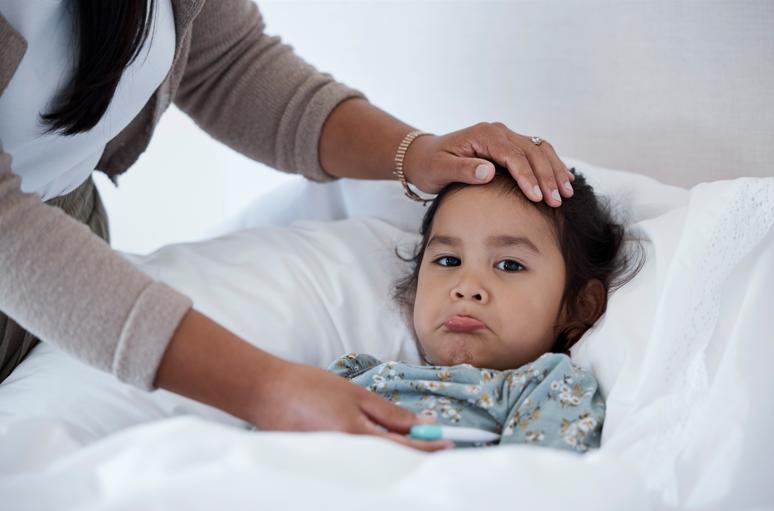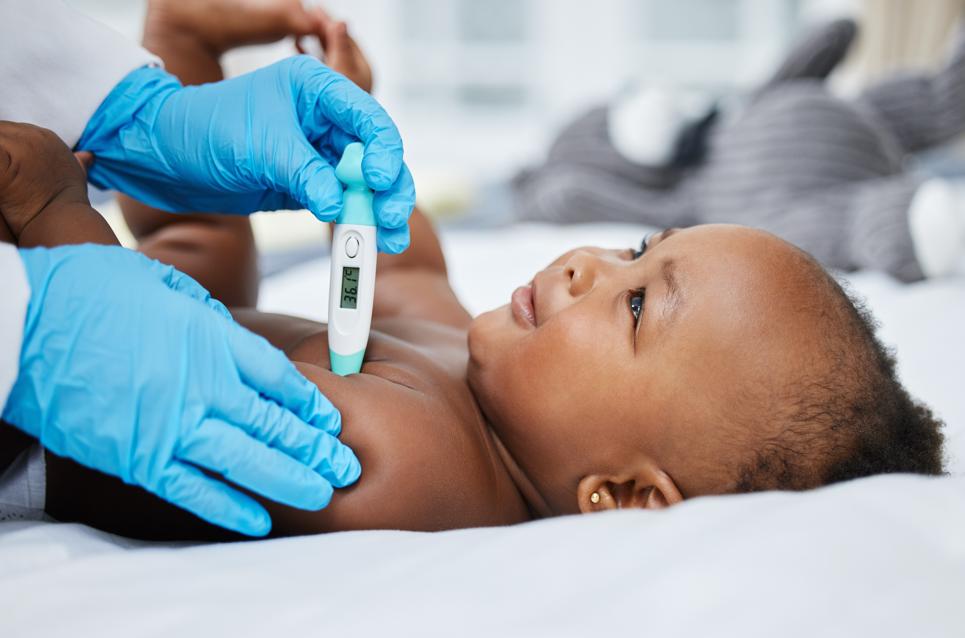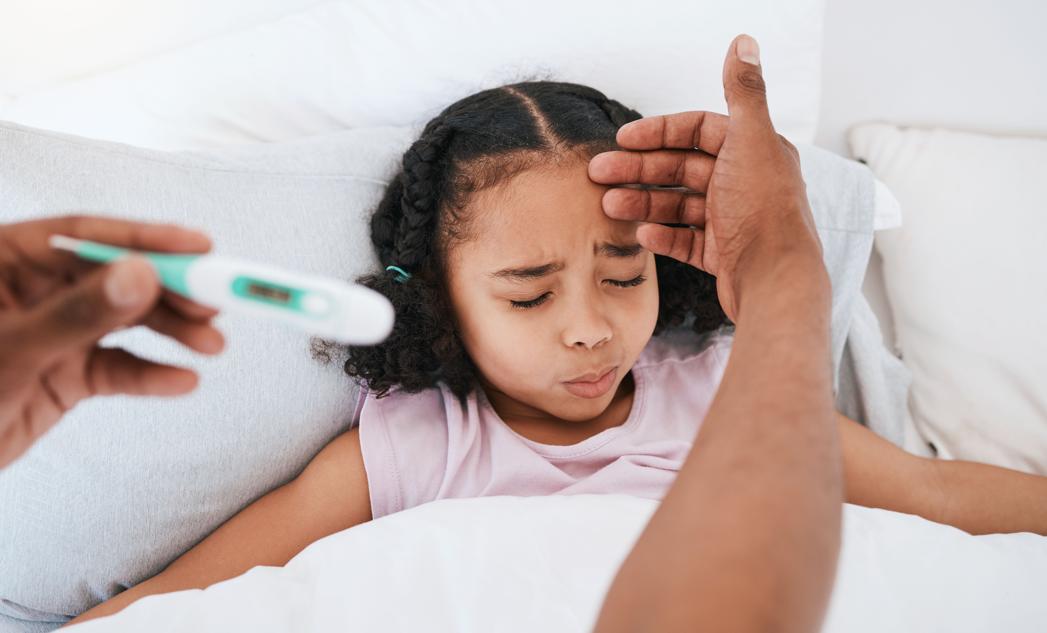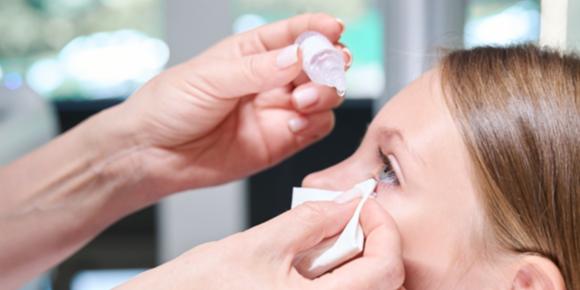
-
Screen Time Dilemma: Balancing Health and Technology for Kids
posted: Apr. 22, 2024.

-
Beyond the Screen: Encouraging Outdoor Play and Exploration
posted: Apr. 19, 2024.

-
Effective Strategies for Preventing Cough in Newborns and Children
posted: Apr. 10, 2024.

-
Parent's Handbook: Dealing with Infant Vomiting
posted: Apr. 10, 2024.

-
Crucial Tips on Baby Armpit Temperature: Parental Know-How
posted: Apr. 09, 2024.

-
Recurring Fever Every 12 Hours in Children: Timing for Seeking Medical Attention
posted: Apr. 08, 2024.

-
Silent Voices: Understanding Selective Mutism in Kids
posted: Apr. 03, 2024.

-
Pink Eye in Kids: What Parents Need to Know
posted: Apr. 01, 2024.

-
RSV 2024: Guarding Our Kids Against the Invisible Threat
posted: Mar. 27, 2024.

-
Fueling Growth: Nutritional Essentials for Kids’ Brain Health
posted: Mar. 27, 2024.

-
10 Essential Tips for Newborn Parenting: Surfing the First Month
posted: Mar. 25, 2024.

-
Essential Newborn Care: A Comprehensive Guide for New Parents
posted: Mar. 21, 2024.

-
Sleep Well, Thrive Well: Nurturing Optimal Sleep Patterns for Children
posted: Mar. 19, 2024.

-
Understanding Childhood Anxiety: Signs, Symptoms, and Coping Mechanisms
posted: Mar. 07, 2024.

-
Fever Frenzy: Understanding Your Child's Temperature From Newborns to Teens
posted: Mar. 05, 2024.

-
Mastering the Autism and Asperger's Diet for Children's Well-being
posted: Mar. 04, 2024.

Contact Us
Hours of Operation
Our Regular Schedule
Monday:
8:00 am-5:00 pm
Tuesday:
8:00 am-5:00 pm
Wednesday:
8:00 am-3:00 pm
Thursday:
8:00 am-5:00 pm
Friday:
8:00 am-4:00 pm
Saturday:
9:00 am-1:00 pm (Open 2 Saturdays per month)
Sunday:
Closed


